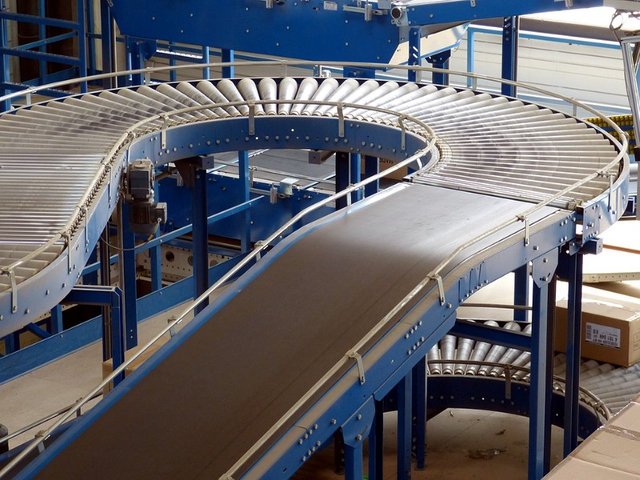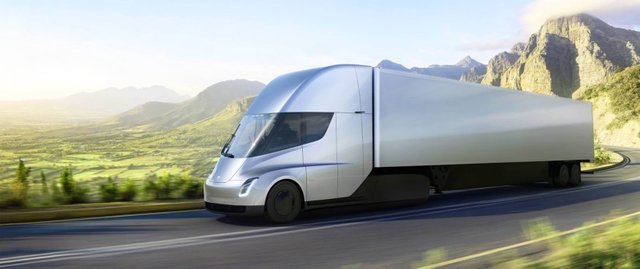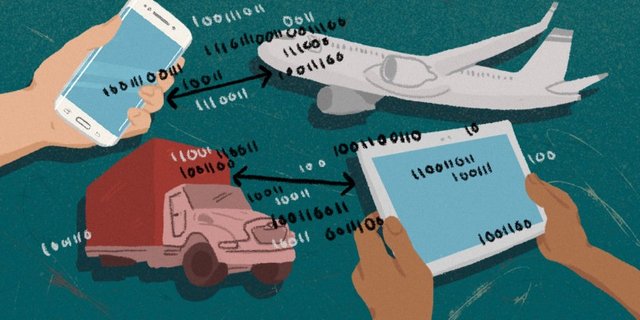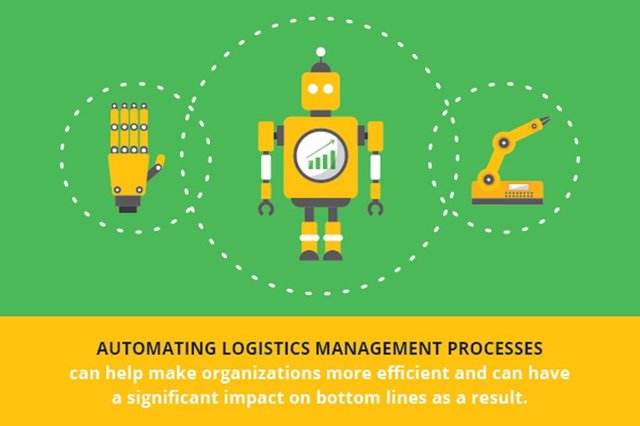Automation In The Logistic Systems

Implementation of Artificial Intelligence and Automation within SCM in unison are expected to raise the productivity margin to a whole new level in the coming years. The confluence of these two high-end technologies will not just pave the way for a friction-free transportation system, but will also bring in error-free and swift servicing across diverse demographics.
Gone are the days, when logistic systems were unapologetically lagging behind in order to adapt to the new technologies contrast with other industries. Today, the scenario has changed. Essentially, the AI and Automation duo are transforming SCM and logistics realm into an automated and highly scalable sector.
Bringing AI and Automation within SCM and logistics realm can largely help achieve precision and effectiveness in the entire supply chain processing. Prior to this, the major reason why logistics had restrained the early adoption of emerging technologies is the sheer number of people. Things have changed as we now see a dramatic improvement in how logistics are shifting to anticipatory logistics from standard logistics system.
By implementing anticipatory logistics system, brands can easily identify the spike or drop in demands and manage the production volume efficiently. Considering the history of anticipatory logistics, its emergence cropped up when customers began losing patience and wanted to get their orders delivered quicker than ever.
Based on the research, Artificial Intelligence can also serve as the supply chain risk management. Such as having an understanding of the customer demand obtained by the data-driven machines, companies can instantly initiate substantial production process. In such informed cases, even setting up a marketing plan would become a less predictive job. As most of the data are efficiently handled by the AI machines.

Labor free transportation system
If you’ve stumbled upon Elon’s brand new creation, an electric toy — a fully electric semi truck, by this time you might have an idea of how impactful the automated vehicles are going to be in the logistics and SCM realm. This modern and the most laborious autonomous vehicle system is perhaps the result of intelligent self-driving cars. Followed by the improvisation happening in the aerial delivery system.
For instance, drones delivering medicines have scaled largely across the medical industry in the last couple of years.
Though we see plenty of interrogations coming along the way about humans losing jobs, the usage of drones and autonomous vehicles are more than just critical for any given industry. Precisely, autonomous vehicles can fulfil the requirements coming from remote places and the mountain regions.

Merging Logistics with Big data
Because the apex part of the logistic system remains in silos, the intrusion of AI and automation systems seem more beneficial. According to a recent study conducted by Fleetowner — “21st Annual Third Party Logistics Study”, 93% of 3PLs express that data-driven decision are crucial for future supply chain initiatives and activities.
From optimizing routing to streamlining factory operations, big data can be the most reliable source. To further acquire the data for autonomous operations both inside and outside the logistic/SCM systems, following facets could be the best options.
Traffic and weather data from sensors, monitors and forecast systems
Vehicle diagnostics, driving patterns and location information
Financial business forecast
Advertising response data
Social media data
Website user behaviour data
Traditional enterprise data
Perhaps, there are several ways to source the data from, which will be fed to our holistic data systems. DHL in recent talk mentioned that leveraging big-data can lead us to achieve priorly unimaginable levels of optimization in the manufacturing and logistic territory.

Benefits of Self-learning logistic system
Self-learning systems in common acquire relevant potential by learning from the large sets of data. The more data they are fed over time, their performance scales rapidly to the higher level and in some cases beyond control.
Usage of AI and ML in logistics have already reached a level where brands such as FedEx and UPS are currently feeding their learning system the illegible or scribbled handwritings that are commonly found on envelopes. Whereas, since recent past, AI and ML are heavily put into practice within warehouses.
Where machines recognize repeated trends, identify patterns, link the collected to chosen/selected entities, and then launches pre-pack instructions. Other operations where AI and robotics hold a big chunk of the role are during checking stock levels. In order to raise new orders or restock as required.
Artificially Intelligent supplier inventory management

The AI and automated systems can promptly evaluate and report what type of freight each of the transportation companies offer. Along with the cost details.
This allows intermediaries to quickly cross-reference the type of suppliers and be updated with their price details, accident reports, cargo securities et cetera. This lets the companies manage intelligent supplier inventory.
Importance of AI and Machine Automation ethical regime

Though the aforementioned advancements are highly valuable and are necessary for all aspects of logistics and SCM functioning, there are certain ethical regulations that every AI and Automation system should comply with.It’s crucial that we maintain transparency in all possible ways. In logistics, the definite presence of AI and Automation will significantly enhance the way systems predict and perform operations.